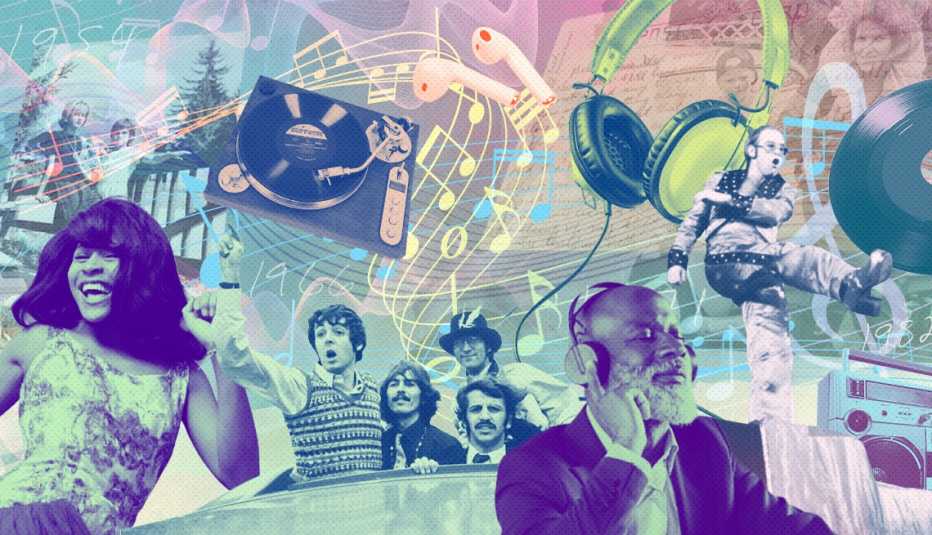The Extraordinary World of Music and the Mind

In 2007, a young man named Colin Huggins began playing music on the streets of New York using a battered upright piano he’d bought on Craigslist.
He was a former accompanist for the American Ballet Theatre, but playing and singing pop songs outdoors had convinced him of the almost mystical power of music to soothe, delight and heal his fellow New Yorkers. He began to push the piano all over downtown, even managing to get it onto a subway platform at 14th Street.
There, in December 2008, he was caught on a blurry cellphone video, later posted to YouTube, playing the Beatles’ “Hey Jude.” In the course of two minutes, the potentially dangerous netherworld of the New York City subway — the very definition of existential alienation, where eye contact is assiduously avoided — was transformed into a place of joy, camaraderie, connection.
At first, four or five college-aged kids began to sing along (“take a sad song and make it better”), and by the time Huggins hit the crescendo (“better, better, BETTER”), a group of middle-aged businessmen in long black coats on the opposite platform were singing too. With the irresistible coda (“nah, nah, nah, nah, nah, nah-nah-nah-naaaah”), everyone on both platforms — male and female, Black and white, young and old — was singing, clapping, smiling at one another. The transformation was miraculous.
That video is testament to how melodies and lyrics lurk in our brains, ready to be released at the sound of a few notes — lifting our spirits, connecting us with our fellow human beings and evoking deeply buried memories as powerful as anything in the human experience.
For more than 50 years, the medical specialty known as music therapy has harnessed this extraordinary aspect of music to treat diseases ranging from depression to chronic pain to movement disorders to autism to Alzheimer’s disease. But only in recent years has the scientific community begun to penetrate the mystery of how something as ephemeral as an acoustic signal — mere air vibrations — can have such profound effects on damaged bodies and brains. In the process, experts are gaining a deeper understanding of the importance of music in everyone’s day-to-day life, and its astonishing effects on the healthy, normal brain.
To learn more about how music impacts our brains, from AARP, CLICK HERE.
